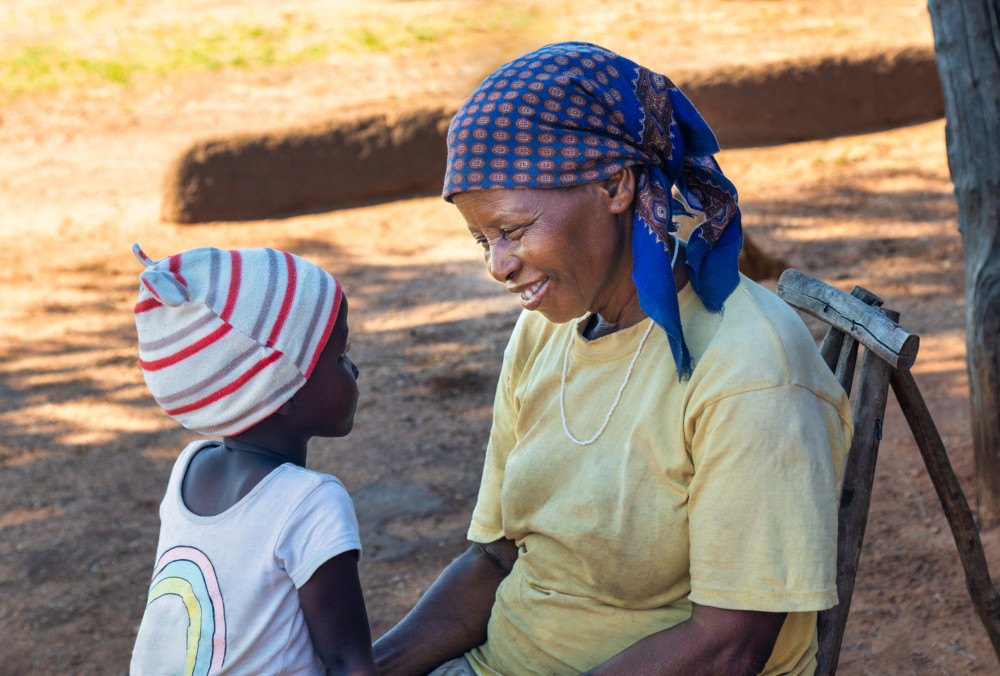
What is Kinship Care? And how does it fit within the movement to care for vulnerable children?
The Martin James Foundation is part of a growing movement across the globe intentionally moving away from institutional models of alternative care towards supporting family-based care. We work directly with partners in many nations as they support vulnerable families to stay together and develop safety nets that allow vulnerable children to be placed in families, rather than sent to institutions, more commonly known as orphanages.
One of the most effective solutions available in this work is one that is often overlooked, and even misunderstood: Kinship Care. According to our colleagues at Family for Every Child “Kinship care is when grandparents, aunts, uncles, adult siblings, other relatives or friends of the family care for children instead of their birth parents.”
In practice, kinship care becomes critical when an emergency or crisis means a child cannot remain with their parents temporarily or permanently. This can include poverty, lack of access to healthcare or education, death of a parent, or broader crises like conflict, disaster or displacement. While these situations can cause a vulnerable family to face additional risk, none of them alone justifies separating a child from their family.
Oftentimes, once the necessity principle is assessed, and it is determined by child protection professionals that a child does need additional protection beyond their parents, actors can be quick to move to the suitability principle, also enumerated by the Guidelines. This can sometimes look like identifying a foster carer or an opening at a residential care institution. But we might suggest this might be missing an important step. If a child’s parents cannot safely care for them, what about their extended family? Aunts, uncles, grandparents? This is where kinship care becomes so critically important.
So is kinship care alternative care or family preservation?
We might suggest it’s both.
On the one hand, kinship care is a crucial protection mechanism that ought to be implemented if a child’s parents cannot safely care for them. On the other hand, reinforcing kinship bonds and supporting extended relatives to care for children is very similar to the family preservation support often available to parents.


In this global care reform movement, there is consistent tension between the macro and micro view of protecting vulnerable children and families. From a macro perspective, we must push for policies, national government strategies and timelines that accelerate progress towards family-based care. On the other hand, we must keep the micro view in mind. At the end of these discussions are real children with real needs and concerns. There are children currently living in institutional care that have not lived with their biological family for many years. Others live in families right on the brink of separation due to crisis or poverty. In both views, we must prioritise preserving a child’s connection to their family whenever and however possible. Properly supporting kinship carers is a crucial part of this. By emphasising their role in care reform as part of family preservation, we believe we will see more children enabled to stay with their families.
To learn more about how MJF supports kinship care, please read this guest blog from our partner One Sky Foundation serving kinship carers and vulnerable children along the Thailand-Myanmar border: Kinship Care in Thailand blog.



